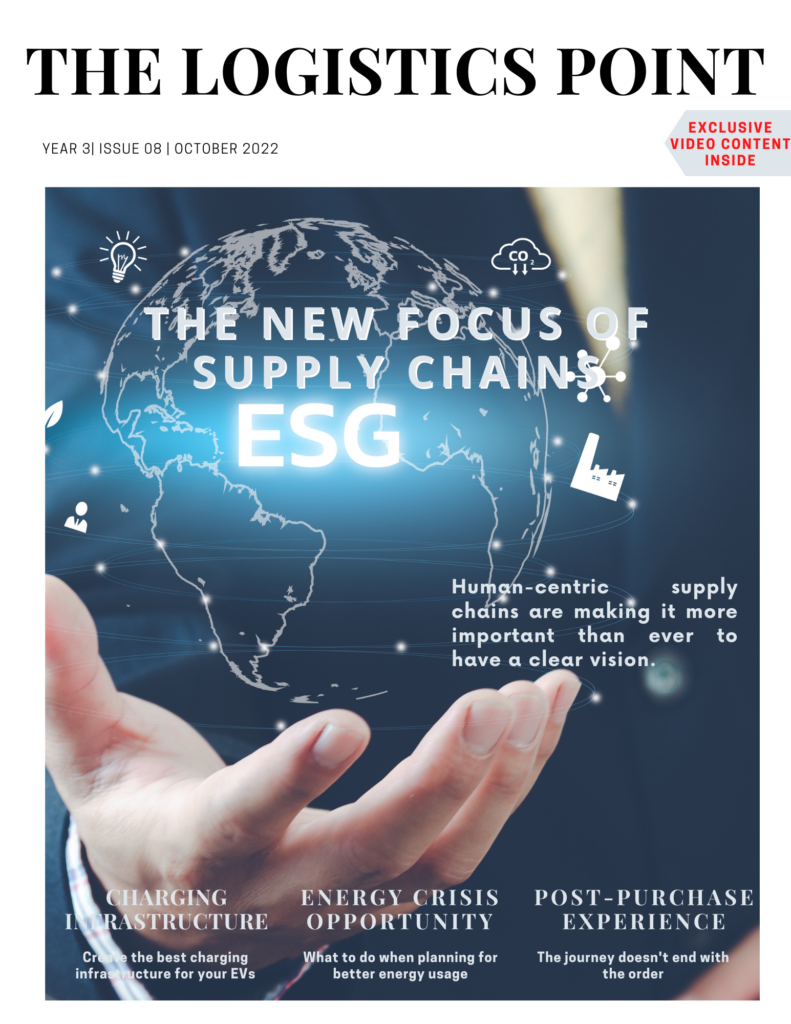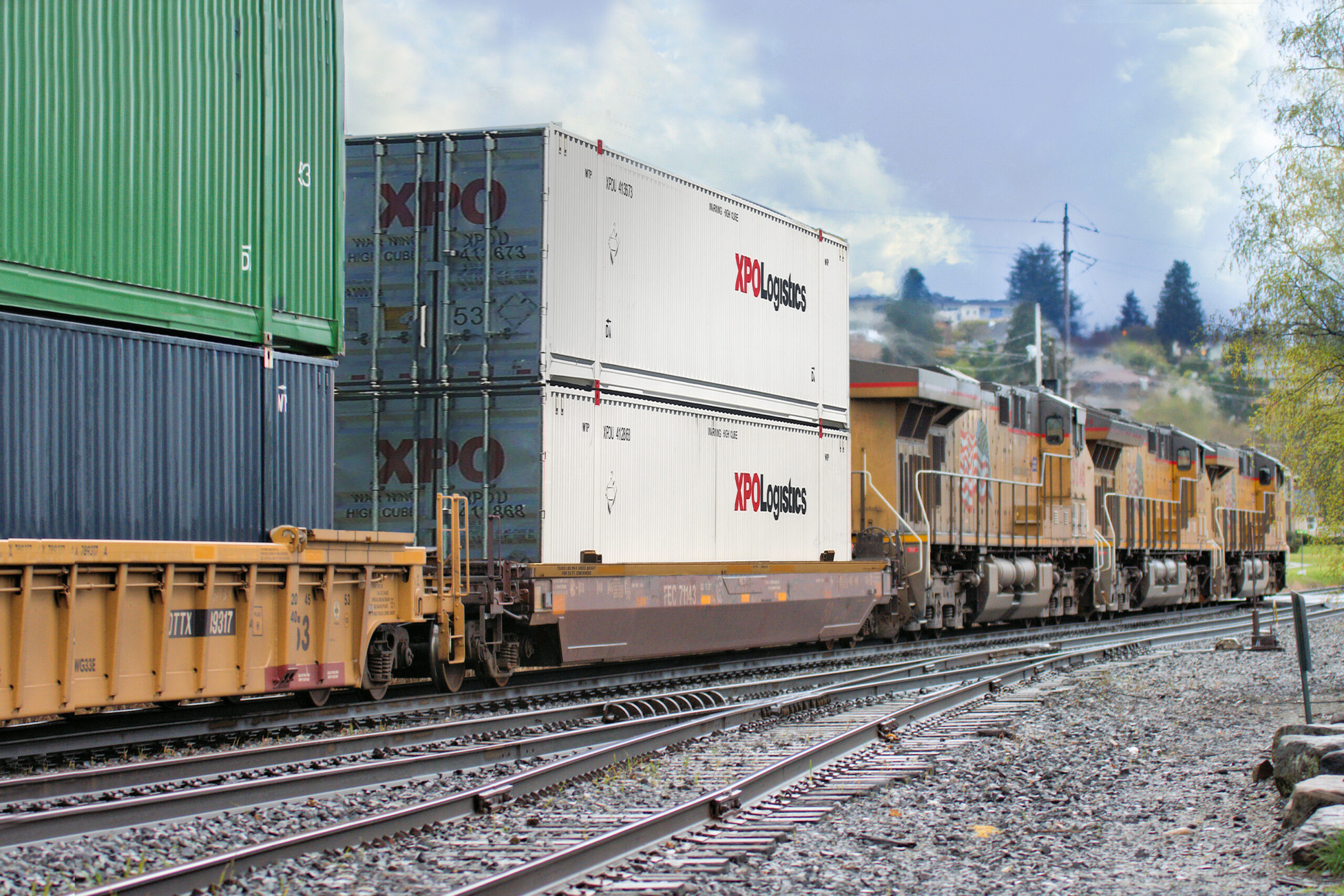Hundreds of organizations working in global supply chains are now sharing their data through Open Supply Hub. It’s a new, independent platform aiming to democratize such information, break down silos and foster more collaboration between global brands, industry bodies and civil society organizations. Expect an interview with Katie Shaw, Chief Program Officer of Open Supply Hub shortly.

Until now, this kind of data on supply chains has been opaque. It has allowed for worker exploitation, negative climate impacts and deforestation. Companies couldn’t even figure out the address of a factory that made their goods.
Open Supply Hub now makes it clear exactly where a multitude of products come from – and the platform is based on proven earlier innovation in the clothing and apparel markets.
Anyone can interact with Open Supply Hub data. After creating a free account in minutes a user can run searches, analyze the data, and download it. They can also choose to upload data. By contributing it to Open Supply Hub, they’re also enabling other users to work with it.

The Open Supply Hub team vets all data for quality before sharing, and a powerful algorithm cleans and standardizes it. The data includes fields such as factory name, address, and a unique ID for each factory, the “OS ID”. It also covers sector, product type, number of workers, and more. It goes down to detail as precise as type of facility—whether it is a final line assembly unit, for example. The new platform spans a range of sectors from sporting goods to furniture. It also includes consumer packaged goods, apparel, and electronics.
Open Supply Hub opens up supply chain data to help everyone. It does so by cleaning name and address data, and providing each entry in the database its own unique ID. That ID can be used by a so-called Application Programming Interface (API), which is an automated way to allow different software applications to talk.
Open Supply Hub extends the Open Apparel Registry, which launched in 2019. Since then, it’s mapped more than 90,000 facilities. Users prompted the expansion by demanding more data from more sectors.
A multi-stakeholder Board of Directors governs the Open Supply Hub. Its members include companies, civil society, factory groups and open data experts.
Natalie Grillon, Executive Director of Open Supply Hub said: “Industry has been asking for this kind of open data for years. Now Open Supply Hub helps all of us solve the world’s major challenges together. From public companies reporting to investors to people advocating for improved worker rights. It’s about democratizing access to data and opening up supply chains for global good.”



